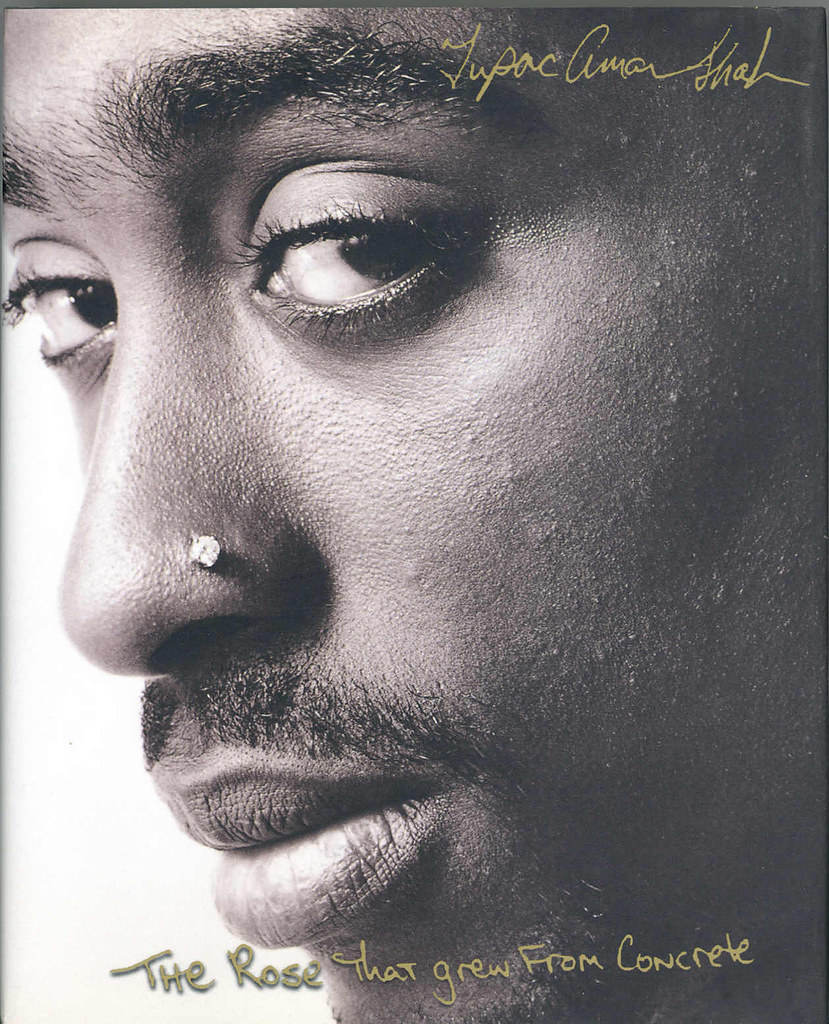Dr. Ronald Whitaker, II emphasizes the impact Tupac has on African American males 22 years after his murder.
Whitaker is an assistant professor of education, assistant dean and director of the Center Urban Education, Equity and Improvement (CUEEI) at Cabrini University.
Earlier in his life, Whitaker did work on the “achievement gap,” where he always helped and became a buffer between “culture and content.” For 15 years, Whitaker has led various programming for African American boys and African American men.
Whitaker currently teaches Foundations of Education. In this class, Whitaker focuses on the study of the human learner in diverse environments.

Whitaker earned his undergraduate degree in urban leadership and biblical studies from Geneva College, where he graduated with magna cum laude honors. He completed his Master’s degree in business administration from Eastern University. In addition, he completed his Doctoral degree in educational leadership at Duquesne University. At Duquesne, Whitaker explored social justice, and the intersection of African American male identity, racism, and institutional inequalities.
Among the many roles Whitaker takes on at Cabrini University, he recently published a work to the medium, regarding the true impact Tupac still has on African American males, even 22 years after his murder.
When asked about this article Dr. Ronald W. Whitaker said, “Tupac forces us to listen to, and value the counter-narratives of those within society that are often times marginalized. My goal in writing this article was not to convert readers to a particular genre of music, but rather, to force us to have an authentic conversation through the lens of Tupac, who has often times been deemed by many to be a philosopher, poet, and prophet for a particular population.”
Whitaker hopes that fellow faculty and staff can “see his commitment” to these issues. His colleagues at Cabrini University have seen him speaking as a keynote in the past, regarding marginalized youth and African American males. He is known to his colleagues for engaging in “courageous conversations in a respectful manner.”
“Current and constant” talk is what compelled Whitaker to write this article.
“My students have encouraged me to be courageous in writing, as well as research,” Whitaker said.
Student Shannon Agnew is a current sophomore at Cabrini University and a current student in Whitaker’s Foundations of Education course. In Whitaker’s article, she referenced how Tupac uses his lyrics to address his views on socio-political problems. She believes that one major problem in society that he brings to the reader’s attention is how African American males are still seen as a treat.
“This connects to this issue of the school-to-prison pipeline, which are practices that directly and indirectly push minority students off the path of school, and onto the path of prison, which ultimately takes away their hope for a better future,” Agnew said. “Through his writings and in class, Whitaker makes connections between how the problems of society affect education and the children in the classroom.”
Tyree Holmes is a computer information science major. He believes that Tupac definitely continues to positively influence men, even years after his murder. He believes his message is so current, which is why it still resonates with people today.
“He was born into a single-parent home and was surrounded by poverty, violence, and drugs. His songs shed light on a system that produces the kinds of environments he grew up in. He also showed that you can make it out of there and not succumb to the temptations that come with that environment,” Holmes said.
Statistics show that high school dropouts have a higher chance of being incarcerated at some point in their life. Unfortunately, over half of the African American young men who attend high school end up dropping out. Out of these dropouts, nearly 60 percent will be incarnated during their lifespan, according to James Michael Crotty, who wrote Four Things I Learned from Coaching ‘Poor Black Kids.
Ralph Bristout is a writer for Revolt. Revolt is a music cable network from Sean Combs, which is dedicated to the creators of this generation. When regarding Tupac Shakur’s influence on African American males, Bristout says, “Shakur, well aware of his platform, spoke his I’s into we’s for the betterment of African American America.”
In 2002 “Thug Angel” was produced, which centered on Tupac Shakur. Digital Underground’s Shock G stated, “When people say ‘Pac is the best rapper of all time’, they don’t just mean he’s the best rapper. They just mean what he had to say was the most potent, most relevant and that he was the better human being.” This relevance is what makes Tupac Shakur influential to current African American males, even 22 years after his murder.
“To my enemies, I leave you with this. Whatever comes around, goes around,” said Tupac Shakur



